I'd like to take this opportunity to talk about what token economics entails and what are we really talking about here.There is a wide range of taxonomy to talk about this topic: token economics, tokenomics, token engineering and the economics of token engineering. They are similar yet different in its own ways. Ultimately, the economics of token engineering is a multi-disciplinary subject.Today, I'll be sharing 3 things:
- What multi-disciplinary subjects token economics entail
- Why token economics is so fun and will change the world
- What does the future of token economics look like and how near are we from that reality?
Multi-Disciplinary Subject
The most exciting part of economics is that it is multi-disciplinary. It includes basic fundamentals of economics like supply, demand and opportunity cost.
1. Economics
In the most fundamental starting point, token economics is about managing the supply and demand of tokens, while considering the opportunity cost of doing so.
Demand
Demand can always be created. As the designer of the ecosystem and token, it is important to think of the use-cases and value-add the token can bring. This defines the demand for the tokens. The more use-cases and value-add it brings to the users, the more sustainable the demand is.
Supply
With the supply, there are a few ways to play with it. You could look at a fixed supply, increasing supply, reducing supply or dynamic supply. There is no specific playbook to how supply works, since it varies according to your use-case.
Opportunity Cost
Now, opportunity cost is the last aspect of economics that plays a huge role.You have 50min. You can choose to either watch an episode of Tiger King or hit the gym with your personal trainer. You can't do both at the same time. So you have to choose the option that makes you the happiest. Since there's this social distancing going on, you're probably going to want to watch Tiger King and understand the memes online. That's opportunity cost. The inherent cost of giving something up when you choose another.Tokens usually exist in the primary market and secondary market. So a user can either use the token in the primary market, directly in the ecosystem. Or the user can sell it off for something else in the secondary market.Your goal should be to make it more "worth it" to use the tokens in the primary market. That means to develop more real use-cases and to make it expensive to sell it in the secondary market. When I speak of "expensive", it is the economic cost, not the financial cost.For example, your use-case in the primary market is so good (eg. gain access to the latest stem cell research medication) that people are not willing to sell the access in the secondary market (eg. expensive because if you need the medication for whatever reason, it's costly in terms of time and effort to get access to the medication).
2. Corporate Governance
One of the topics of discussion in the financial markets is to find the optimal corporate governance mechanism for the company. I know you are all tired about Adam Neumann and WeWork. But one of the reasons they went south was because of the strange corporate governance. The voting power (how decisions are made within the company) is disproportionally given to the founders like Adam Neumann and his wife, instead of allocating it proportionally to people owning WeWork's stocks.Do you see why this is bad? With less equity stocks, the founder has less skin in the game. In that scenario, how is he given more voting power with less skin in the game? His decisions could adversely affect the equity holders while benefiting him.Another case for the call of proper corporate governance is in ETF. Basically, a bunch of companies own plenty of voting rights in most publicly traded companies. These companies rarely use their voting rights, and that is a problem too.So with that in mind, few issues corporate governance hope to solve includes voting, power distribution and the level of centralisation needed. If that still a huge topic of discussion in today, things would only be 100x more challenging when the level of decentralisation increases.In the token ecosystem, these are also things to consider. From the type of voting mechanism, the distribution of power, the levels of authority (think managers, directors, board of directors) and level of centralisation required for decisions to be made fairly.
3. Governing Policies
What about governing policies? When I talk about governing policies, I'm speaking more from a country's governance perspective. Corporate governance was from a firm's perspective.It's not easy to govern a country, unless perhaps if you are a dictator. You have to prepare for crisis, like a global pandemic and financial crisis. How do you determine how much money should be given to each sector and industry? How do you bargain during trade wars and what industries should you protect? Do you use tax revenues collected to build infrastructure, bailout banks or give them to the citizens directly?Governing polices exist to try and stablise an economy. It also acts as a barrier to prevent bad shit from happening, like a shut down in the economy.In the token economics sense, this means how do you allocate surplus, be it token surplus, token minted, product surplus or transaction fee surplus. How do you determine the right balance of transaction fees? How do you distribute and share earnings with the participants? Do you prioritise active users, verifiers, investors, or treat everyone equally? How do you resolve issues when things arise?
4. Complex dynamic evolution
Here's comes the fun part, complex dynamic evolution. Last week, I talked about evolution of RNA-virus and how it is part of the lifecycle of a virus. To constantly undergo change is a natural process.Even when the ecosystem is not on a digital and virtual world, it will undergo evolution. That could be from a change in user type, preferences of miners and validators, suggestions to improve the fundamentals of the ecosystem. These will cause the ecosystem to change and evolve.Going back to governing policies and economics, this would also have to change as the ecosystem evolves. That means governing policies have to be flexible enough to adapt to the changing needs of the ecosystem. Some level can be hardcoded, not ideally less hard code is best.
5. Behavioural Economics
At the end of the day, economics is a social science and not a hard science. That's why there is a shift towards "softer" sciences like behavioural economics. It is dependent on people and their behaviours, hence we cannot fully model everything to perfection. However, we can increase the probability of people's behaviours in specific ways like marketing and advertising.Blockscience is developing CadCAD so businesses can model and predict the behaviours of people and hence the ecosystem.Behavioural economics is also part of human psychology, to understand why people do what they do. And by understanding that, we can reduce the uncertainty of people's behaviour.In the token ecosystem, that means developing the various incentive mechanisms to encourage certain behaviour. It is a mix of UI design and psychology. Building a game on blockchain? The goal is to make queuing at a crowded brunch cafe too short, because the user wants to continue playing. Encouraging more trade on your DeFi platform? Make it easy to use and connect with updates to encourage users to open the app more often.
What Makes Token Economics Fun
Closed Loop System
Why is it easier to manage a zoo than an open safari? A zoo has more constraints like enclosures and areas for specific animals. In a safari, anything goes. Lions can jump on your safari jeep or lions can eat humans because some genius decided that taking a selfie with a wild lion is a good idea.In the digital space, we call it a closed loop system. Things are constrained within specific parameters. We can define and design these parameters. The fun part is also to engineer or reduce the externalities with good design.In an open-loop, there is no capacity for feedback. The level of complexity is also limited to engineer. With a closed-loop, it is possible to constantly redefine the system through state feedback. It can also be engineered to achieve desired behaviours.Remember, a token in this system is used to drive the participants towards a shared objective within the ecosystem, and not to gain value in the secondary market.
New Is Always Better
The old classical management is not enough, as seen in issues with corporate governance, governing policies, global pandemic. Now, we have a chance to build ecosystems from scratch!It is not just about "how to value your token". It now includes economics, complex theory, mathematics, physics, psychology, law, engineering, biology. Tokens are just a representative of value that can be divided into infinitely small figures. But economic system that the tokens exist in is so much more complicated!This is also where we could give democracy another chance. Did you know that Plato hated democracy? But with proper voting mechanisms and systems, perhaps democracy could be different in the digital virtual world. Voting can be delegated to people with better information. Voting can be adjusted with time through continuous voting. We can allocate votes instead of 1 person 1 vote.Lastly, it gives us a new way to govern the commons. Commons are common goods that we all share. Like air and water. In the digital space, we have things like bandwidth that we share. How do we prioritise the bandwidth for your data vs my data? What can we do to design fairer bandwidth allocation? Who determines which data is more important?
Future of Token Economics
As we move from an information based economy (hard-skills like memorising facts) to knowledge based economy (soft-skills like application of facts), people need to be both specialists and generalists. I forsee multidisciplinary subjects as the main shift in university.In the future, token economics and token engineering would be a domain program with a multidisciplinary focus. The world is getting more complex, so are humans and the systems we create. Token economics would be more than just economics, but include biology, complex systems, law, regulation, policies, governance, finance, physics, math. It's going to be really fun!Token economics and token engineering are not the same though. Economics looks at the “what to optimise” and the analysis of outcomes. Engineering looks at the “how to optimise”, which has strong focus on mathematics and models.
Models
What about models? We are not exactly there yet, but inching closer every day.In general, I think there is a standard framework for the economics side. E.g. what are the general factors/variables I need to consider to decide what to optimise and what should I analyse. But the application of the factors/variables requires deep specialised knowledge to the specific objectives of the ecosystem and types of participants in the network.Engineering part uses the foundational principles we see today, but the application, once again, requires deep specialised knowledge.We will continue to base economics and engineering foundation on basic principles. The basic foundational principles can be applied across all industries and projects.
Conclusion
Looking at how we are entering a more data centric world, we can engineer designs to serve the outcomes that we want. I believe token engineering and the economics will continue to gain increasing demand in the space.So how to begin designing economic systems? Start with economics. Apply engineering and complex systems. Analyse how ecosystems evolves from a microperspective. And understand why governing polices fail, from a macroperspective.
3 Discussion Takeaways Worth Pondering
- I focus a lot more on developing the complex systems on the assumption that the world is complicated. But what about the end-user? Do you think humans are able to deal with the complexity that the future brings? Are humans adaptive enough? Perhaps only the top 20% of humans are ready for this increasingly complex world. What about the rest?
- You realise how powerful a designer of the ecosystem is. It is more than just the token itself, but the entire ecosystem that the token exsits in. There is a trade-off between the objectives of a project. Either maximise profits for investors or maximise social utility for everyone in this ecosystem. As a designer, how do you balance both sides?
- Do you think that there would be a standardised model in token economics? Or because it is a social science, everything goes?
[link] [comments]

You can get bonuses upto $100 FREE BONUS when you:
💰 Install these recommended apps:
💲 SocialGood - 100% Crypto Back on Everyday Shopping
💲 xPortal - The DeFi For The Next Billion
💲 CryptoTab Browser - Lightweight, fast, and ready to mine!
💰 Register on these recommended exchanges:
🟡 Binance🟡 Bitfinex🟡 Bitmart🟡 Bittrex🟡 Bitget
🟡 CoinEx🟡 Crypto.com🟡 Gate.io🟡 Huobi🟡 Kucoin.
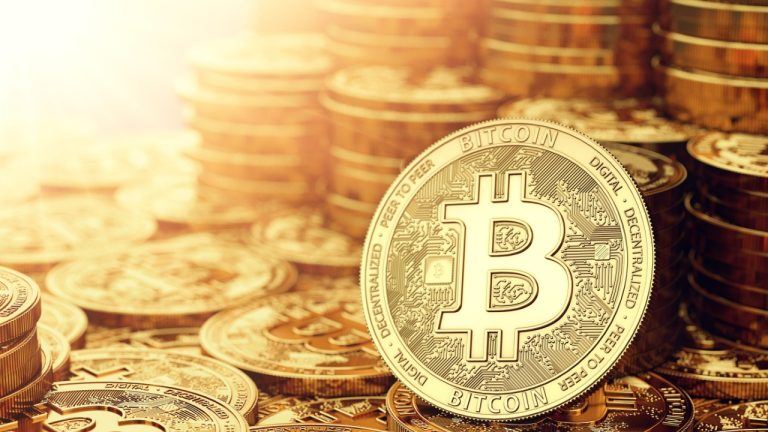

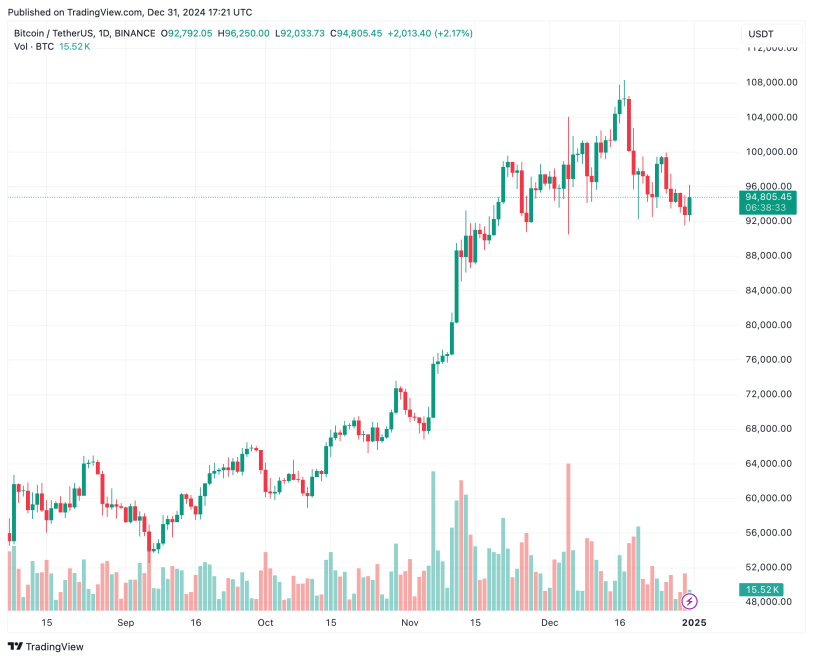
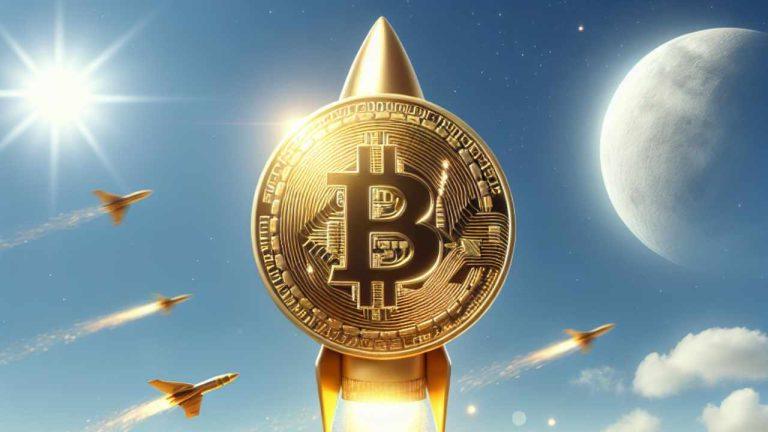

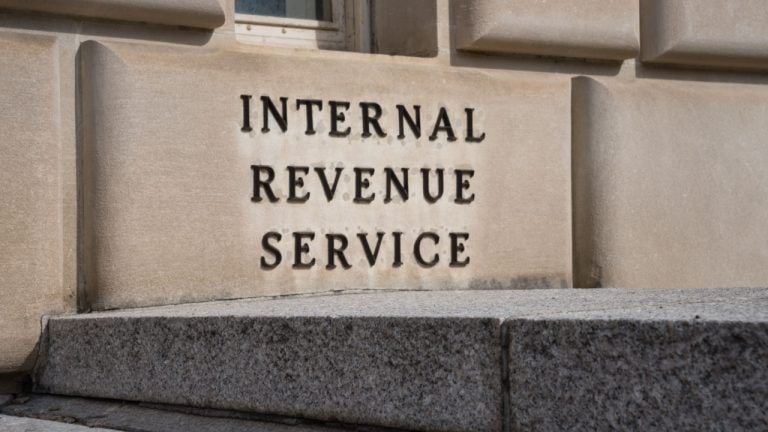




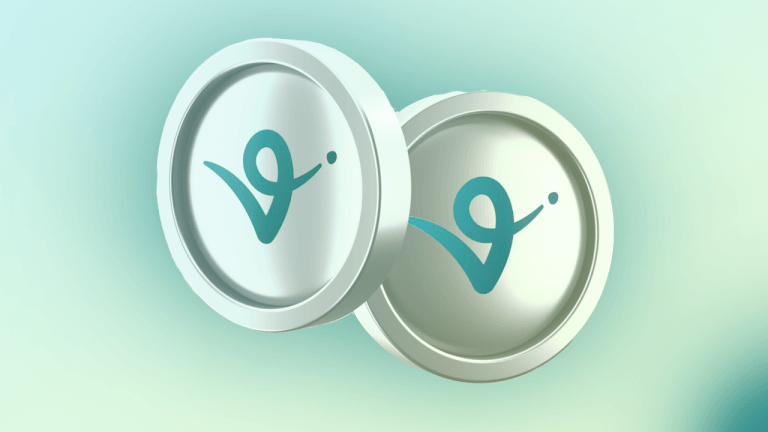

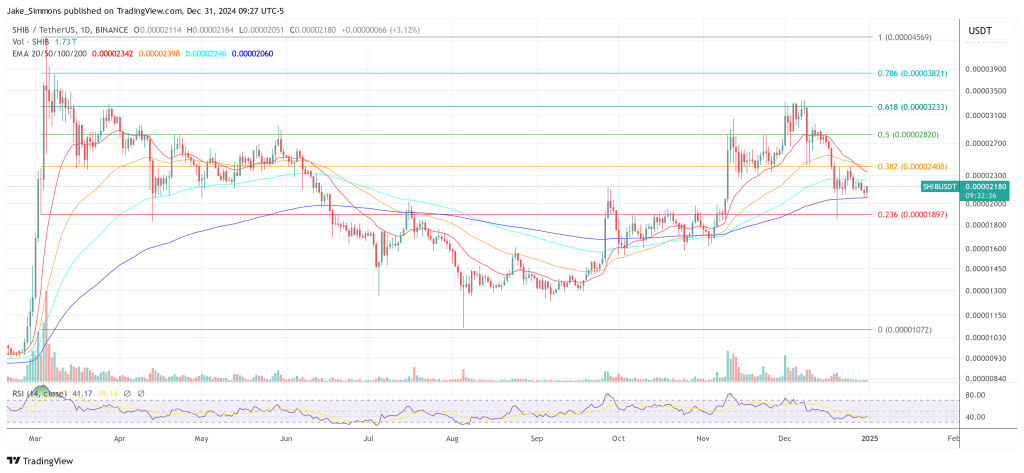


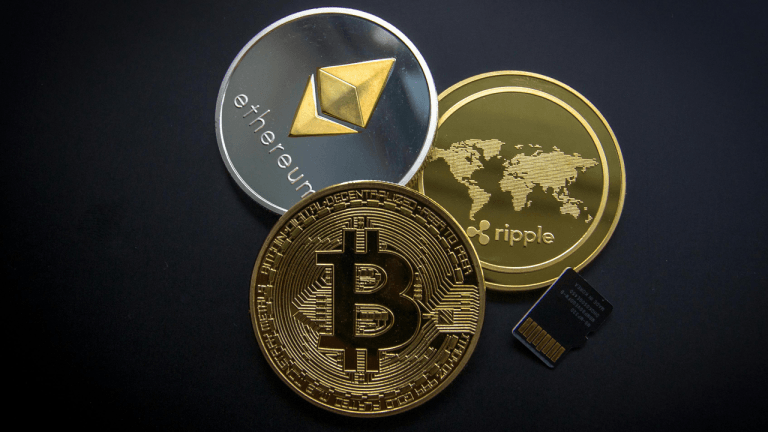
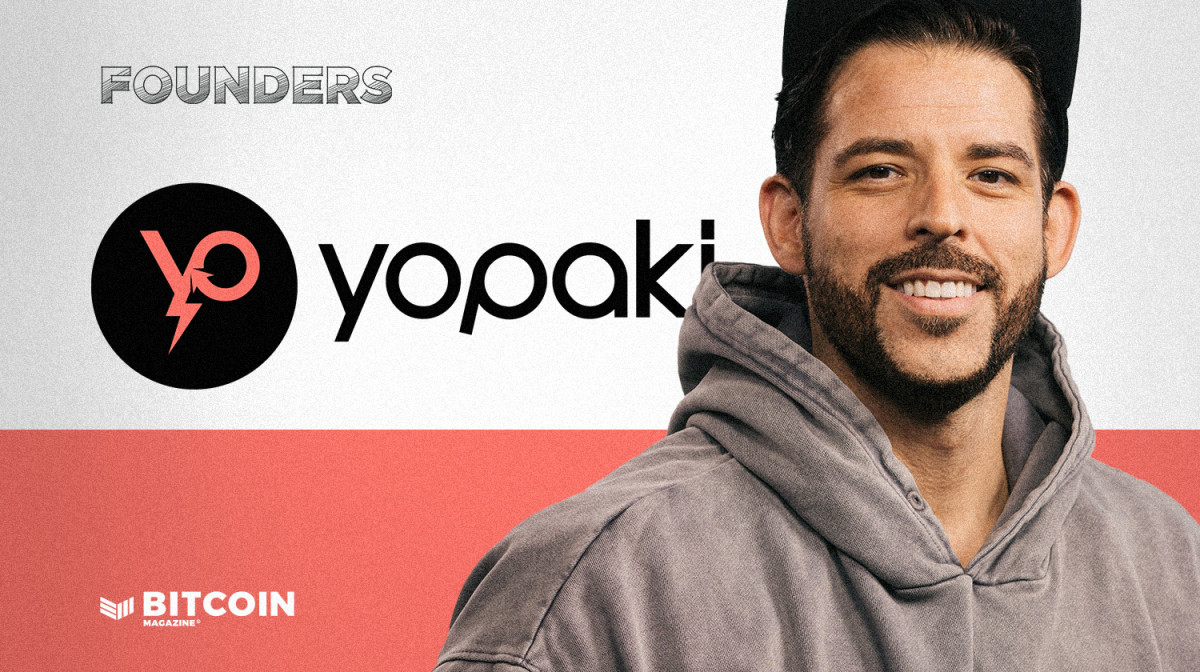


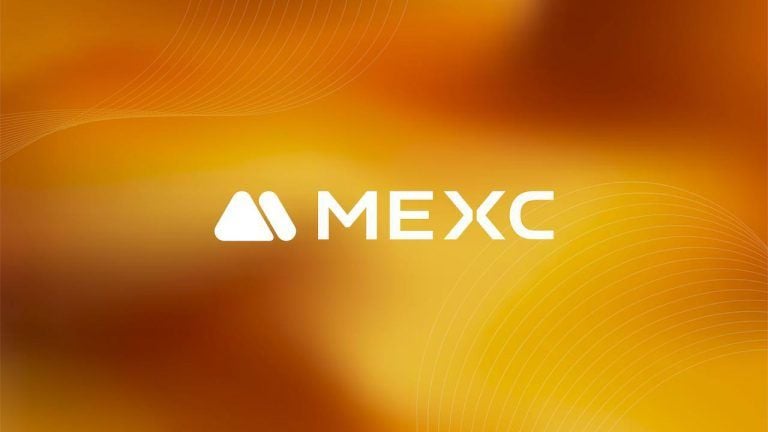
Comments